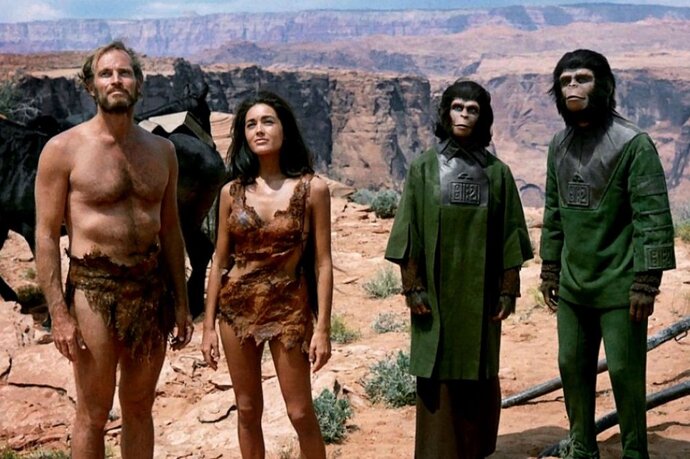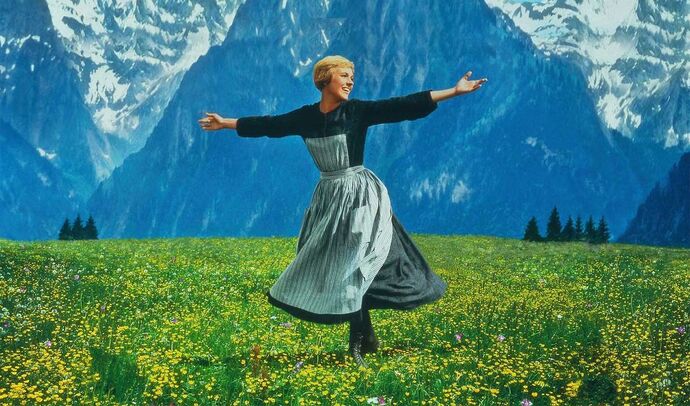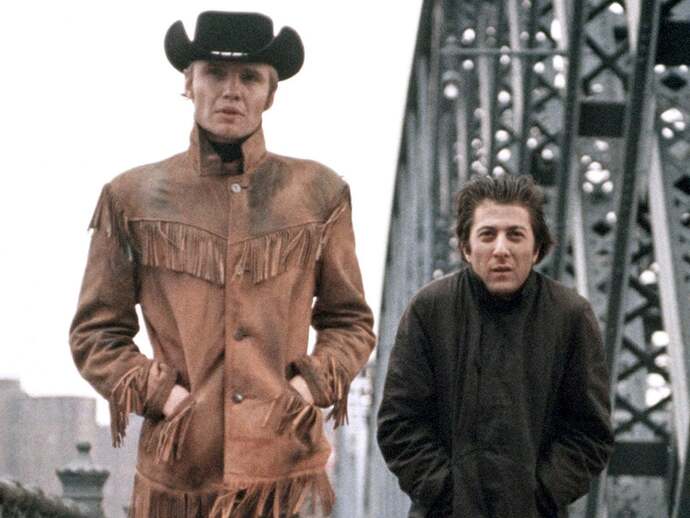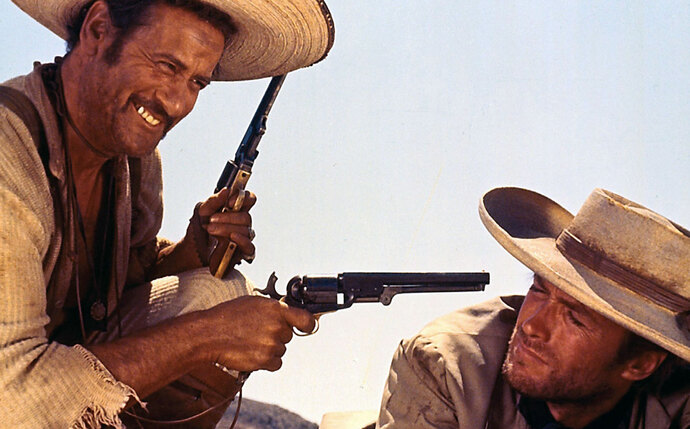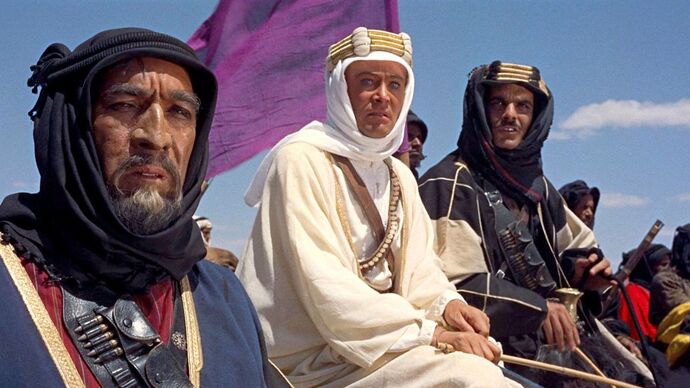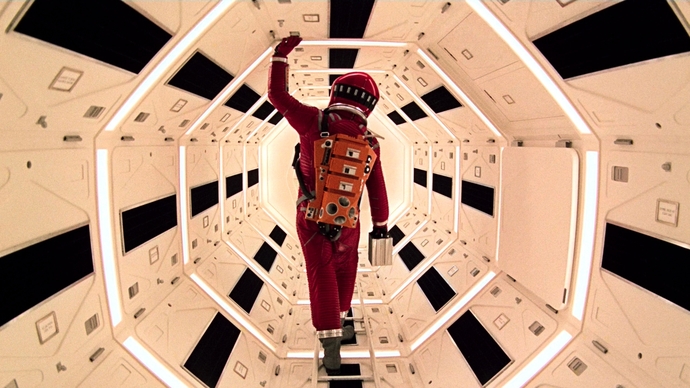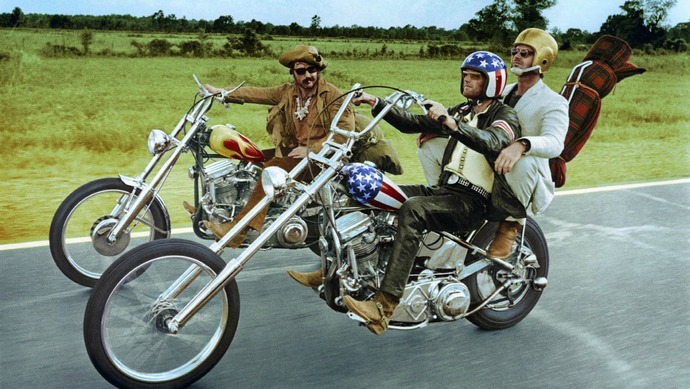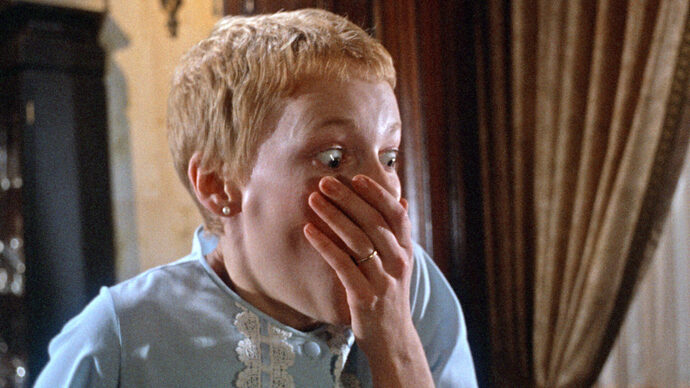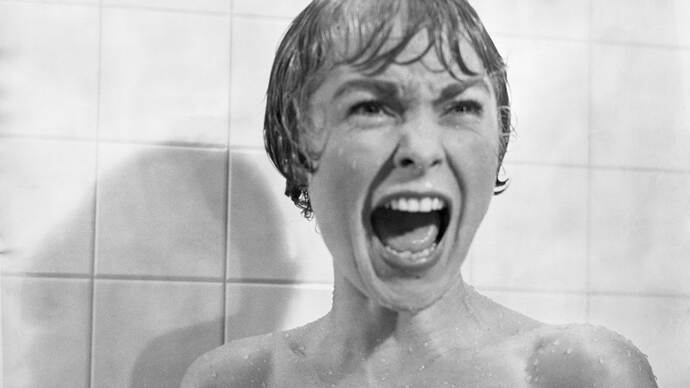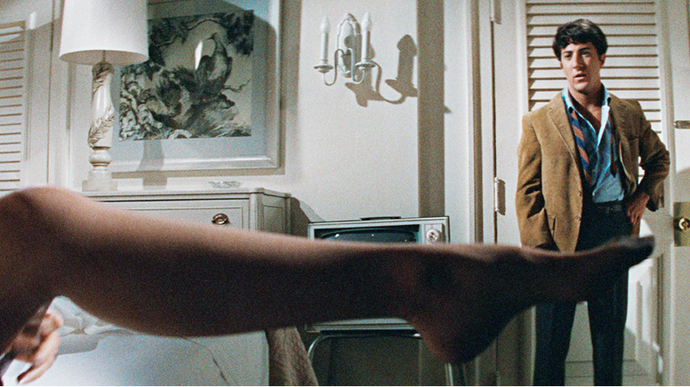We saw the swapping out of theater-like set pieces, black-and-white grading, and melodrama in exchange for low-budget indie flicks, road movies, and budding New Hollywood directors. The Swinging Sixties were a goldmine for cult icons, so you can imagine how tough it was to pick only ten defining movies of the decade. But we did it! Here are the most popular and iconic movies of the 1960s.
10. Planet of the Apes (1968)
As the first of nine movies between two series and one poorly received remake by Tim Burton, Planet of the Apes is an old-school classic.
The Most Popular & Iconic Movies of the 1930s The Most Popular & Iconic Movies of the 1940s The Most Popular & Iconic Movies of the 1950s The Most Popular & Iconic Movies of the 1960s The Most Popular & Iconic Movies of the 1970s The Most Popular & Iconic Movies of the 1980s The Most Popular & Iconic Movies of the 1990s
The basic premise centers on a strange planet where apes run the world and humans are kept like zoo animals. When an astronaut crash-lands on this inverted planet in the year 3978, Taylor (played by Charlton Heston) is met with a host of talking apes and mute humans. It might sound silly, but Planet of the Apes was a big hit back in the day, shocking audiences with one of the most famous plot twists ever. The huge multi-media franchise spawned from Pierre Boulle’s 1963 novel La Planète des singes, with the first cinematic adaptation appearing five years afterward and directed by Franklin J. Schaffner.
9. The Sound of Music (1965)
Musicals might not be to everyone’s taste, but you simply have to see The Sound of Music at some point in your life. Robert Wise’s musical epic stars Julie Andrews in her defining role as Maria, an all-singing tomboyish postulant-turned-governess. When Maria arrives at the home of an Austrian naval captain, she brings a warm smile and glimmer of hope for his seven orphaned children—alongside a whole bunch of sing-alongs. What you might not know about The Sound of Music is that it’s based on a true story. The 1959 stage musical was a celebration of the Trapp Family Singers, sourced from Maria’s 1949 memoirs. The Sound of Music has left a cinematic legacy, with the Salzburg bus tour taking in roughly 50,000 tourists a year to view filming locations.
8. Midnight Cowboy (1969)
Midnight Cowboy has been a source of major intrigue for queer film theorists and the LGBTQ+ community in general. The relationship between Joe Buck (played by Jon Voight) and Enrico “Ratso” Rizzo (played by Dustin Hoffman) is ambiguous and almost mythical. Midnight Cowboy has a sort of darkly beautiful quality about it, though it has been criticized for potentially being homophobic. When Joe quits his job in Texas for a life in the Big Apple, his dream rapidly sinks and turns into a reality of living on the breadline. Joe becomes a hustler with his sickly acquaintance Ratso, squatting in a dingy New York apartment block. John Schlesinger directs this buddy-drama of two lost souls toiling the urban underworld of New York City, winning an Oscar for Best Picture and Best Director.
7. The Good, The Bad, and The Ugly (1966)
Considered one of the best Westerns ever made, The Good, The Bad and The Ugly stars Clint Eastwood, father of the Wild West. Set during the Civil War, Joe (played by Clint Eastwood) and Tuco (played by Eli Wallach) form an uneasy alliance, coming together to beat a common enemy: Angel Eyes (played by Lee Van Cleef). A gun-slinging, semi-satire of the Spaghetti Western, The Good, The Bad and The Ugly received universal acclaim upon release. Everything about this movie is memorable, from Ennio Morricone’s musical score to the fight sequences. It’s surprisingly fun and full of visual splendor to feast your eyes upon! A must-watch for any Western fan.
6. Lawrence of Arabia (1962)
Lawrence of Arabia isn’t a casual watch. If you’re going to dive in (which you definitely should), make sure to put aside a good four hours, accounting for bathroom and tea breaks. Lawrence of Arabia is told in two parts, split by an old fashioned intermission. Director David Lean takes his time with the story, marinating us in his cinematic world. Though the real officer’s story is still debated among historians, Thomas Edward Lawrence was an actual dashing British officer who fought alongside Arab forces during the First World War. The epic war drama is based on Lawrence’s own 1926 book Seven Pillars of Wisdom and is a truly mesmerizing experience. If you ever have the chance to watch it in theaters, take it! Peter O’Toole stunned audiences with his performance as the famous leader and was nominated for an Oscar (of which the film won two).
5. 2001: A Space Odyssey (1968)
Stanley Kubrick is known for his eccentric, grandiose style of filmmaking—full of spectacle, existentialism, and darkness. 2001: A Space Odyssey is all of these things… and more! Opening with that infamous scene of an alien monolith smack-bang in the middle of a rural prehistoric desert, surrounded by apes, the space opera goes on to bring us a mind-bending journey through the universe. Millions of years after the monolith appears, scientist Dr. David Bowman (played by Keir Dullea) is flung into space alongside the ship’s A.I. computer helper HAL 9000. Unfortunately, HAL turns out to be… evil. It might take a few viewings to understand what’s going on in 2001: A Space Odyssey, as its ambiguous themes can be a headscratcher for even the most intellectual. But even if you don’t get the plot, the visuals alone will leave you in awe.
4. Easy Rider (1969)
The road movie to end all road movies. The penultimate indie flick. Easy Rider shifted mainstream cinema into a new gear, liberating it from the confines of studio production. Dennis Hopper’s counterculture hit defined a generation, taking us through the real America of the 60s: hippies, drugs, and motorbikes. Wyatt (played by Peter Fonda) and Billy (played by Dennis Hopper) are two motorcyclists (allegedly inspired by Roger McGuinn and David Crosby from The Byrds) who smuggle a bunch of cocaine into Los Angeles. Once they’ve cashed in, the two head towards New Orleans for the Mardi Gras festival, taking up hitchhikers, visiting free-love communes, and tripping out (badly) on LSD. Easy Rider is more than just a road movie—it’s a social commentary. One that influenced filmmakers for decades to come.
3. Rosemary’s Baby (1968)
By today’s standards, Rosemary’s Baby isn’t particularly scary. But at the time? It was pretty shocking. Especially that one disturbing scene where she gets raped by Satan. Based on the 1967 novel by Ira Levin, Rosemary’s Baby follows a young couple that moves into an old New York apartment with some weird neighbors. When Rosemary (played by Mia Farrow) falls pregnant, she grows thin, sickly, and house-bound. As it turns out, the neighbors are part of a Satanic cult who believe Rosemary is having the Devil’s child. Roman Polanski’s horror triggered a string of Satanic movies, laying the foundation for many horrors to come. A darkly alluring drama studded with nightmarish hallucinations, Rosemary’s Baby is a must-see for any horror fan.
2. Psycho (1960)
Can you call yourself a film buff if you haven’t seen Psycho? Undoubtedly Alfred Hitchcock’s most famous movie, Psycho practically invented the slasher genre, thanks to its famous shower scene. When Marion Crane (played by Janet Leigh) steals $40,000 from her boss, she flees to California and stops for the night at a curious off-road motel. There, she meets the legendary supervillain Norman Bates (played by Anthony Perkins). Of course, Marion doesn’t realize Norman is a complete (excuse the pun) psycho at first. He seems nothing more than a shy, obliging mama’s boy. Hitchcock’s classic thriller continues to grip audiences six decades on, boasting his signature mid-way plot twist. An early character study of the finest caliber, Psycho is sure teach you about great filmmaking.
1. The Graduate (1967)
Oh the woes of youth—angst, boredom, sex, parents, rebellion. All are explored in Mike Nichols’ iconic rom-com The Graduate, back before rom-coms got such a bad rap. Dustin Hoffman stars as 21-year-old Benjamin Braddock, fresh out of college with nothing to do. Moving back in with his nagging parents, Benjamin spends the summer lounging by the pool—and after meeting the wife of his father’s law partner, Benjamin indulges in a secret love affair with the older woman. The Graduate is an original coming-of-age story, speaking not only to younger audiences of the time (and now), but older generations who remember such feelings from their own past. Nichols manages to strike a keen balance between the humorous and the melancholy, meditating on the idea of a predetermined life with his famously cryptic final shot. Read next: The Best Years in Cinema That Were Stacked With Great Movies
